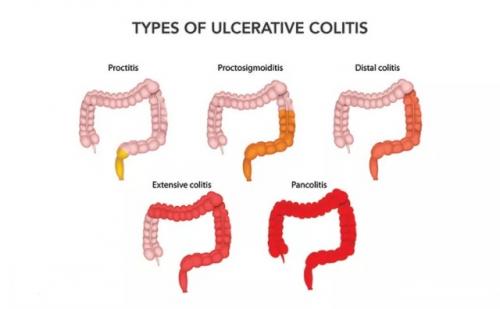Causes and Symptoms of Hepatitis C
Generally, hepatitis is the condition related to liver infection and inflammation. There are several viruses that can cause hepatitis. However, the most common types include A, B, and C viruses. These viruses damage liver cells, causing liver inflammation and dysfunction. If left untreated, liver inflammation can damage the organ. Hepatitis C is an infection caused by a virus that affects the liver and its functionalities. Many people with HCV do not even know that they have this condition because they feel no signs and symptoms, which can take a few weeks to decades to appear. Today, advanced treatments can cure Hepatitis C in most cases. However, one should seek medical treatment right away. Those who are looking for the best hepatologist Gangaram hospital in Delhi can visit .

Symptoms
HCV infection symptoms can last from a few weeks to a chronic condition. Normally, people transmit this virus to others without realising that they have it.
Acute Hepatitis C
In the acute Hepatitis C stage, most people with HCV do not have any symptoms. The acute symptoms are like any other viral infections. A few common symptoms of acute Hepatitis C include:
- Loss of appetite
- Abdominal pain
- Fever
- Joint pain
- Fatigue
- Dark urine
- Nausea or vomiting
Chronic Hepatitis C
HCV becomes a chronic condition when the body cannot remove the virus. In many cases, chronic Hepatitis C does not cause any symptoms or show some general signs, including depression or fatigue. An individual may only get clarity about the condition through a routine blood test. Early detection and treatment can avoid the condition of liver damage. However, chronic Hepatitis C can cause the following symptoms:
- Loss of appetite
- Weakness and fatigue
- Muscle and joint aching
- Nausea
- Dark urine
- Weight loss
- Easy bruising and bleeding
- Jaundice (yellowing of the skin and eyes)
- Swelling of the legs and feet
Early detection and on-time treatment can avoid the condition of liver damage. However, if left untreated, chronic Hepatitis C can lead to:
- Liver cancer
- Liver failure
- Liver scarring or cirrhosis
- Chronic liver disease
Causes and Risk Factors
HCV spreads if the blood contaminated with a Hepatitis C virus enters the blood of an uninfected person. The risk of hepatitis C infectivity is increased in the following cases:
- Health care workers who are at the risk of needle-stick accidents
- Children born to HCV-infected mothers
- People who snort drugs using shared equipment
- Those who have shared personal items such as razors and toothbrushes with HCV-infected friend or a family member
- People who have multiple sex partners, high-risk sexual behavior, or sexually transmitted diseases
- Those who have received a tattoo or piercing in an unhygienic environment using unsterile equipment
To avoid infection, one must avoid exposure to the HCV that causes it. Those at risk of exposure to the virus should get regular checkups to ensure that they do not have the virus. People who are looking a hepatologist in Delhi can visit Gangaram Hospital which has the best hepatologists in the city. Early diagnosis and treatment can protect an individual from hepatitis C.



Comments